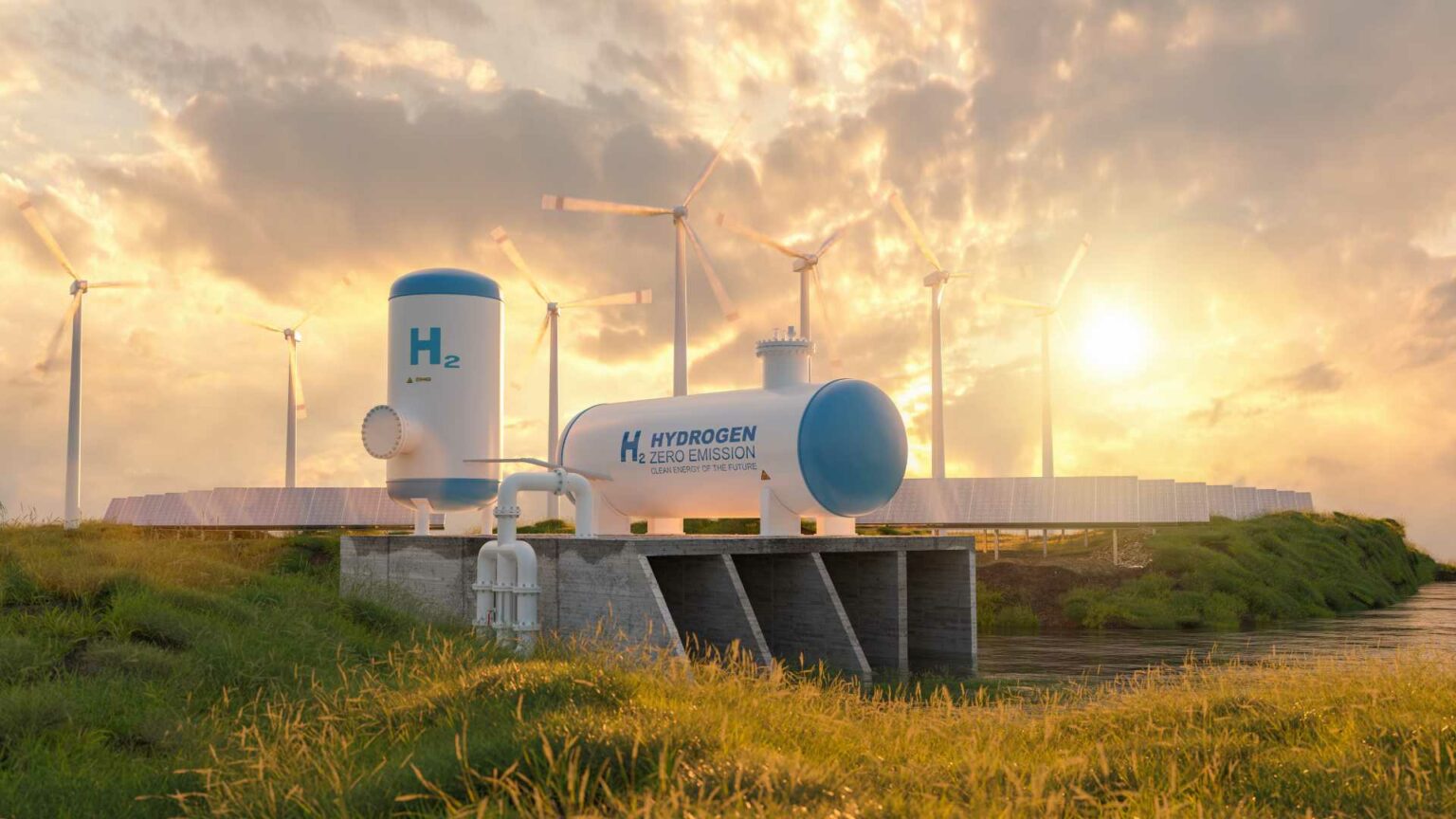The German Ministry of Economic Affairs and Climate Action (BMWK) has announced a tender titled “H2G Forschungsanlage Wasserstoffproduktion” (H2G Research Facility for Hydrogen Production) on September 26, 2024.
The tender, which invites proposals for the construction and operation of a cutting-edge hydrogen production research facility, has a submission deadline of November 15, 2024. This project is considered a pivotal step toward advancing Germany’s hydrogen industry, which is crucial for transitioning to renewable energy sources and reducing carbon emissions.
The main objective of this tender is to establish a state-of-the-art research facility focused on developing efficient and sustainable hydrogen production methods. The facility will serve as a hub for researchers and industry experts to collaborate on innovating technologies that could significantly improve the scalability and cost-effectiveness of hydrogen production. The project’s requirements include detailed plans for the design, construction, and operation phases, ensuring that the proposed facility aligns with Germany’s stringent environmental standards.
Key requirements for the tender include the ability to produce hydrogen at a minimum efficiency rate of 70%, using renewable energy sources such as solar or wind power. Additionally, the facility must incorporate advanced safety measures and provide data transparency to support ongoing research activities. Proposals should also demonstrate a clear plan for integrating the facility into the existing hydrogen infrastructure, facilitating seamless distribution and utilization of produced hydrogen across various sectors, including transportation and industry.
Technical requirements specify that the hydrogen production process must achieve an output purity level of at least 99.99%, ensuring its suitability for both industrial and commercial applications. The facility must also be capable of producing at least 100 kilograms of hydrogen per day, with plans for scalability to meet future demand. Proposals should include comprehensive maintenance and operational strategies to ensure long-term sustainability and reliability.
